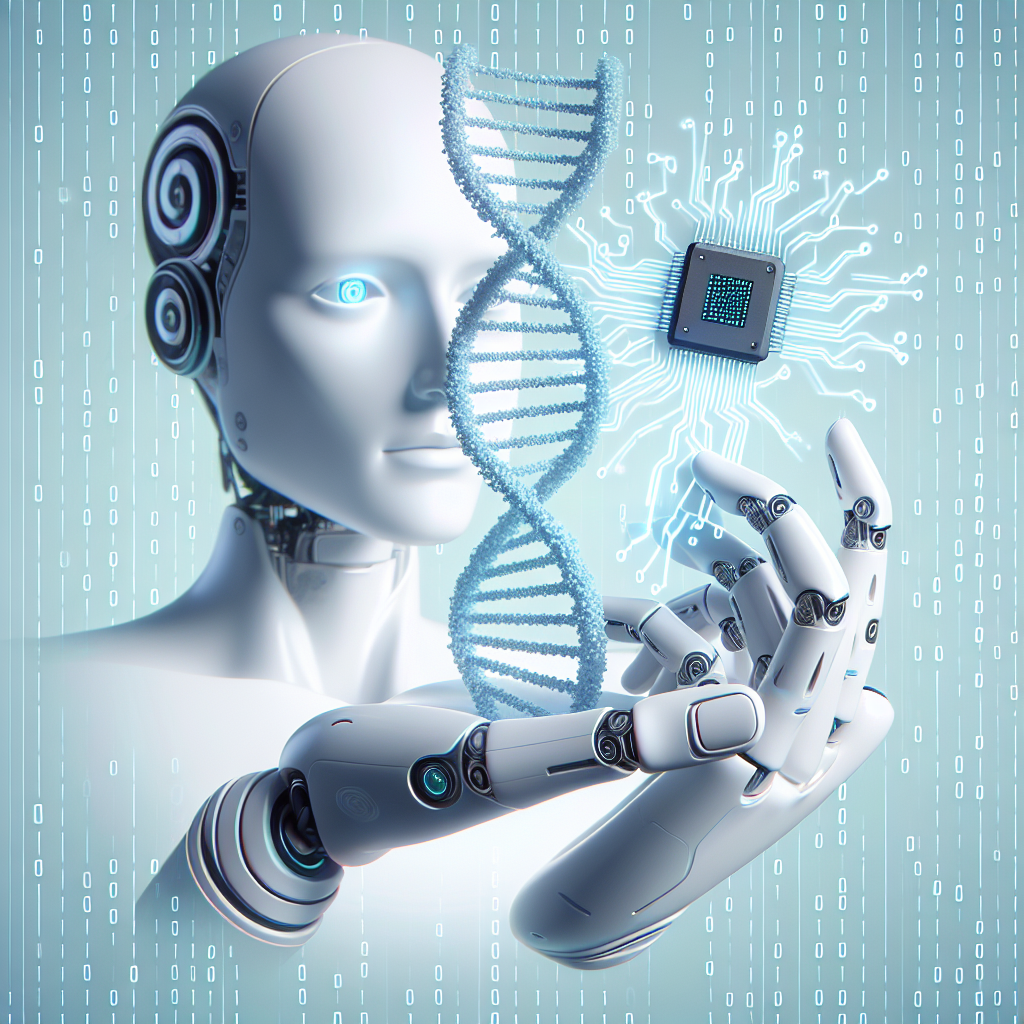Artificial Intelligence (AI) integration in healthcare has been steadily advancing in recent years, with one of the most promising applications being in the field of precision medicine. Precision medicine, also known as personalized medicine, involves tailoring medical treatment and interventions to individual patients based on their unique genetic makeup, lifestyle, and environmental factors. AI has the potential to revolutionize precision medicine practices by analyzing vast amounts of data quickly and accurately, identifying patterns and trends that can help healthcare providers make more informed decisions about patient care.
One of the key ways AI is enhancing precision medicine practices is through the analysis of genetic data. By using machine learning algorithms, AI can analyze a patient’s genetic information to identify genetic variations that may impact their response to certain medications or treatments. This information can help healthcare providers make more personalized treatment decisions, leading to better outcomes for patients.
AI can also analyze other types of data, such as electronic health records, imaging studies, and even wearable device data, to provide a more comprehensive picture of a patient’s health. By integrating these different sources of data, AI can help healthcare providers identify potential risk factors, predict disease progression, and recommend personalized treatment plans.
Another important application of AI in precision medicine is in the field of cancer treatment. AI algorithms can analyze imaging studies and pathology reports to help identify specific genetic mutations in tumors, which can help oncologists determine the most effective treatment options for individual patients. This personalized approach to cancer treatment can lead to better outcomes and fewer side effects for patients.
In addition to improving treatment decisions, AI integration in precision medicine can also help streamline clinical trials and drug development processes. By analyzing data from previous trials and patient records, AI can help identify potential drug targets and predict which patients are most likely to benefit from a new treatment. This can help pharmaceutical companies develop more targeted therapies and bring them to market more quickly.
Despite the many potential benefits of AI integration in precision medicine, there are also challenges and concerns that need to be addressed. One of the main concerns is the potential for bias in AI algorithms, which can lead to inaccuracies in treatment recommendations. It is important for healthcare providers to carefully evaluate and validate AI algorithms before incorporating them into clinical practice to ensure they are providing accurate and unbiased results.
There are also concerns about data privacy and security when it comes to integrating AI into precision medicine practices. Patient data is highly sensitive and must be protected to ensure patient confidentiality. Healthcare providers must adhere to strict data protection regulations and implement robust security measures to safeguard patient information.
Despite these challenges, the potential benefits of AI integration in precision medicine are substantial. By harnessing the power of AI to analyze vast amounts of data and provide personalized treatment recommendations, healthcare providers can improve patient outcomes, reduce healthcare costs, and advance the field of precision medicine.
FAQs:
Q: How is AI being used in precision medicine?
A: AI is being used in precision medicine to analyze genetic data, electronic health records, imaging studies, and other types of data to provide personalized treatment recommendations for individual patients.
Q: What are the benefits of AI integration in precision medicine?
A: The benefits of AI integration in precision medicine include improved treatment decisions, more personalized care for patients, streamlined clinical trials and drug development processes, and better outcomes for patients.
Q: What are the challenges of AI integration in precision medicine?
A: Challenges of AI integration in precision medicine include potential bias in AI algorithms, data privacy and security concerns, and the need for careful validation of AI algorithms before incorporating them into clinical practice.
Q: How can healthcare providers ensure the accuracy and reliability of AI algorithms in precision medicine?
A: Healthcare providers can ensure the accuracy and reliability of AI algorithms in precision medicine by carefully evaluating and validating the algorithms before incorporating them into clinical practice, and by monitoring their performance over time.
In conclusion, AI integration in precision medicine has the potential to revolutionize healthcare by providing personalized treatment recommendations, improving patient outcomes, and advancing the field of precision medicine. While there are challenges and concerns that need to be addressed, the benefits of AI integration in precision medicine are substantial and hold great promise for the future of healthcare.

